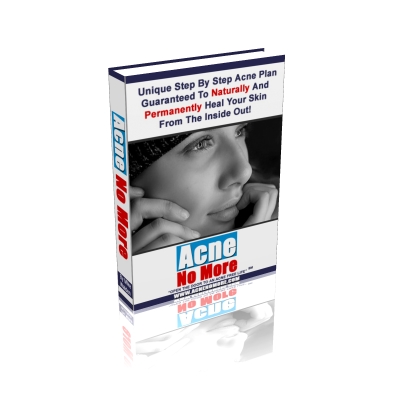Acne is a common skin condition that can affect people of all ages and backgrounds. Understanding the causes of acne and how to care for your skin is crucial in effectively treating and managing it. In this article, we will explore the potential causes of acne and provide insights on determining the factors that may be contributing to your breakouts.
Understanding Your Skin Type
One of the initial steps in combating acne is recognizing your skin type and adopting an appropriate skincare routine. Each person's skin is unique, and the right care regimen can make a significant difference in managing acne. It's essential to consider factors such as oiliness or dryness when choosing skincare products.
Visit: Don't Believe These Acne Myths
Oily Skin
If you have oily skin, it's important to avoid facial cleansers containing oil. Your skin already produces a substantial amount of oil, and using oil-based products can further contribute to clogged pores and breakouts. Contrary to a common misconception, oily skin still requires proper moisturization. While oil is not moisture itself, the skin needs hydration to maintain its balance.
Dry Skin
For individuals with dry skin, it's crucial to avoid products that are completely oil-free. Dry skin lacks natural moisture, and incorporating products that provide nourishing oils can help alleviate dryness and prevent further skin issues. Ensuring adequate moisturization is vital for maintaining healthy skin.
Identifying the Causes of Acne
Determining the underlying causes of acne is a crucial step in effective treatment. Here, we will discuss some potential factors that contribute to the development of acne.
Hormonal Imbalances
Hormones can play a significant role in acne breakouts. During adolescence, hormonal changes can lead to frequent breakouts. Similarly, in adult years, hormonal fluctuations such as premenstrual and premenopausal episodes can trigger acne. While any hormonal imbalance can promote acne, male hormones are often associated with this condition.
Excess oil production is a common consequence of hormonal imbalances, which can result in blocked pores and breakouts. Using products that help regulate or control oil production can be beneficial in managing acne caused by hormonal factors.
The Impact of Stress
Stress is another potential contributor to acne. When we experience stress, our bodies release certain hormones and chemicals that can lead to toxicities, subsequently causing breakouts. To reduce the occurrence of stress-related acne, it is advisable to minimize exposure to stressful situations and adopt stress-management techniques.
Dietary Considerations
The relationship between diet and acne is a topic of ongoing debate. While certain foods, such as chocolate and sugar, have been implicated as potential acne triggers, the exact impact remains uncertain. If you are curious about the connection between your diet and acne, it is recommended to consult a physician for further insights.
Factors Influencing Acne
Apart from individual causes, environmental and lifestyle factors can also contribute to the development of acne. Understanding and addressing these influences are essential for effective acne management.
Environmental Factors
The environment we live in can impact our skin health and contribute to acne. Exposure to pollutants, excessive humidity, or other irritants can exacerbate existing acne or trigger new breakouts. It is advisable to protect your skin from harsh environmental conditions and cleanse it thoroughly to remove accumulated dirt and impurities.
Lifestyle Choices
Certain lifestyle choices can influence the occurrence and severity of acne. The products you use for skincare play a significant role. For instance, if you have oily skin, it is important to avoid using products that contain excessive oil, as this can worsen breakouts. Additionally, maintaining proper hydration and moisturization is crucial for all skin types. By understanding your specific skin needs, you can select appropriate products and create a skincare routine that supports healthy skin.
Conclusion
Caring for your skin is essential for managing acne effectively. By understanding the potential causes of acne and tailoring your skincare routine accordingly, you can take proactive steps towards healthier skin. Remember to consider your skin type, address hormonal imbalances, manage stress, and make informed dietary choices. Additionally, factor in environmental influences and make conscious lifestyle decisions to support your skin's well-being.
If you are interested in exploring a holistic approach to treating acne, you may consider Mike Walden's "Acne No More" system. This comprehensive system provides natural and permanent solutions to eliminate acne without relying on drugs, creams, or gimmicks. With its honest and straightforward approach, it offers valuable insights for those seeking a genuine resolution to their acne concerns. For more information, visit the official website at [AcneNoMore.com].


















0 Comments